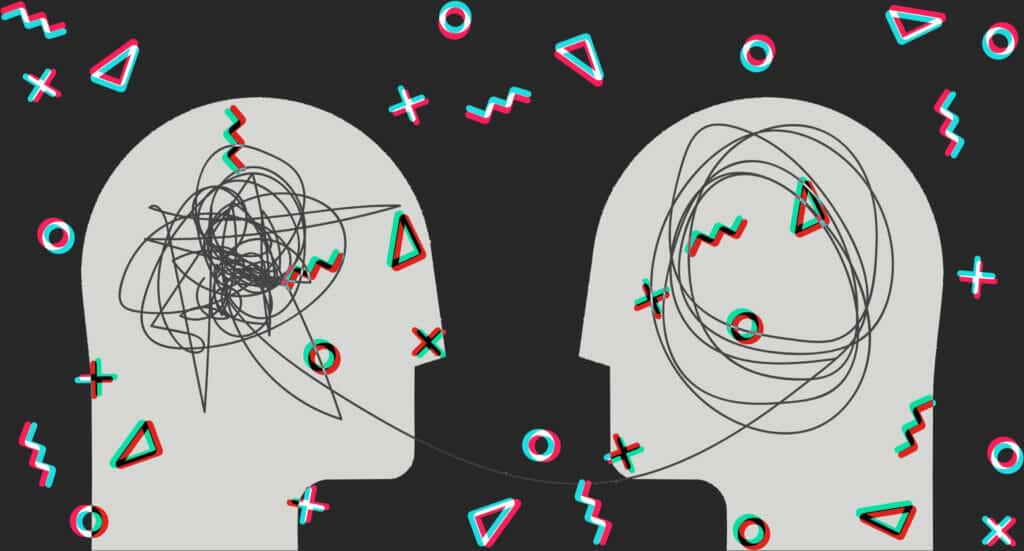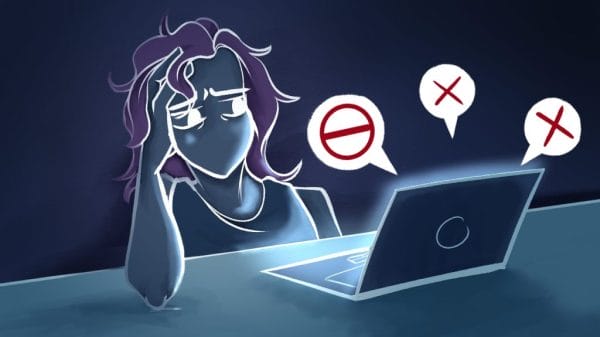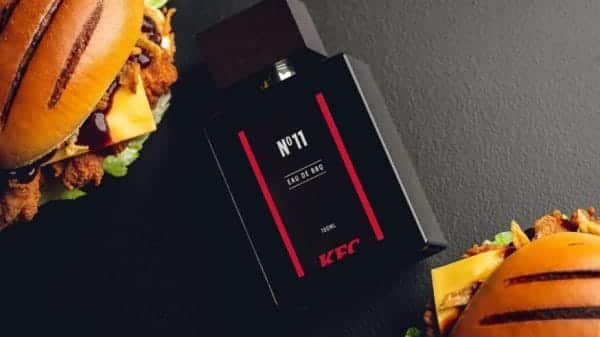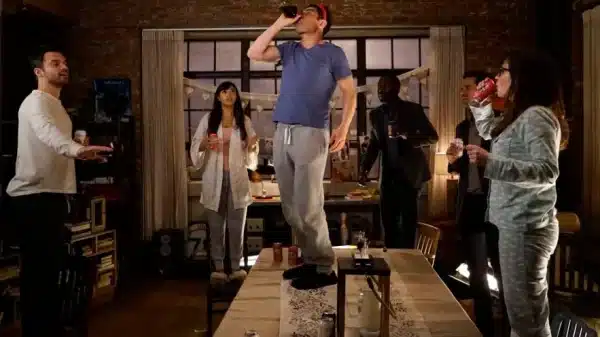From the self-diagnosis of depression and anxiety in the early 2010s on Tumblr to the countless young people sharing their trauma and mental health struggles with strangers on TikTok, I want to understand how this has impacted disability support communities and whether people feel as safe when seeking them out.
Old Problems, New Presentations
You wouldn’t be the only person to notice the levels of certain mental health issues are on the rise. Between the sudden increase in teenage girls showing signs of Tourettes during the lockdowns and the alarming amount of young people purporting to have DID (Dissociative Identity Disorder), it feels like these days everybody has something they need treating.
Suppose you dipped your toe into the lawless land so lovingly referred to as Tumblr during its heyday. In that case, it feels like the anxiety and depression craze all over again. Now, however, you can condense your experiences into a short, snappy video pushed out to anybody and everybody.
Unfortunately, that accessibility doesn’t always mean you’ll get the most accurate idea of what is going on.
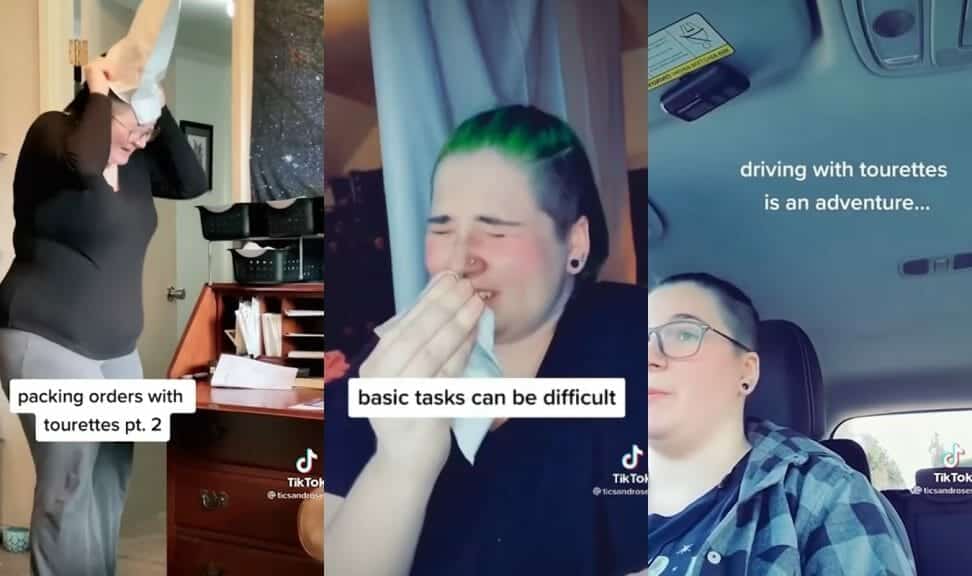
It should be wonderful to see more awareness spread by and for people with the fortune to get diagnosed (often at the end of lengthy battles and the lowest points of their lives). The continued normalization of such mental health issues and disorders never hurt anybody. Or, at least, it shouldn’t.
The Symptoms of Change
The language used to describe the symptoms is changing. Diagnoses such as PTSD and DID – which require trauma to manifest – are watered down. DID, in particular, no longer needs sustained trauma; conflated and contradicted by young people appropriating cultural beliefs and experiences to prove their points. The foundation of these illnesses, the disorder aspect, is discarded. It’s a subtle form of ableism, but it is ableism nevertheless.
Those that are disabled by such illnesses found they were rejected from their own safe spaces. On one side, they have people that assume they’re lazy for needing support and safety in the world. On the other, they have young people calling them ableists for being honest about the more challenging aspects of their disorders.
Policed out of their own spaces and with nowhere to go, it will take a long time for the damage to be undone. Algorithms, built to keep us on apps for as long as possible, recognize that a global pandemic disrupted young people’s desire for community. It continues to push misinformation about mental health because of how engaging it is. How we begin to unpick this tsunami of damage is unclear. Still, with social media at the forefront, the battle may – ironically – need to move elsewhere.
Why is Advocating Elsewhere a Bad Thing for Mental Health Advocacy?
Instead of inherently accessible spaces, for the most part, disabled people will need to advocate elsewhere with the limited energy they do have. It is a tug-o-war between two forms of ableism; one glorifies airbrushed ideas of disorders, and the other uses them to prove that you can’t be that disabled.
As for me? Well, I’ve found a new way to approach things. Instead of self-diagnosing the next hot thing, I’m self-undiagnosed.
So, let me reintroduce myself. I’m Izzi, 20, and I’m absolutely fine.
I guess that doesn’t sound as interesting, though.


